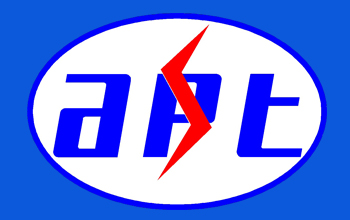

Our dedication to accuracy is exemplified by incorporating it into every aspect of the manufacturing process. Maintaining our uncompromising benchmarks begins with a destructive and non-destructive examination of all raw and finished material. Strict adherence to tolerances is ensured by systematic, consistent and stringent quality inspections. Simply put, our products quality meets or exceeds that of many OEMs and ensures that your ordered products are fit for purpose.
Power plants demand quality work completed with the highest safety standards. APT ensures that on-the-job quality and safety practices are strictly followed during all phases of a Turbine generator work with a commitment to quality that is backed by experts who know Rotating equipment. We are dedicated to providing continuing education for our team with training on TurbinesGenerator Maintenance, Repairs, Installation and Retrofits to give the customers the highest quality and safest services. APT ISO 90012015 Certification is a testament to our commitment to quality at every level.